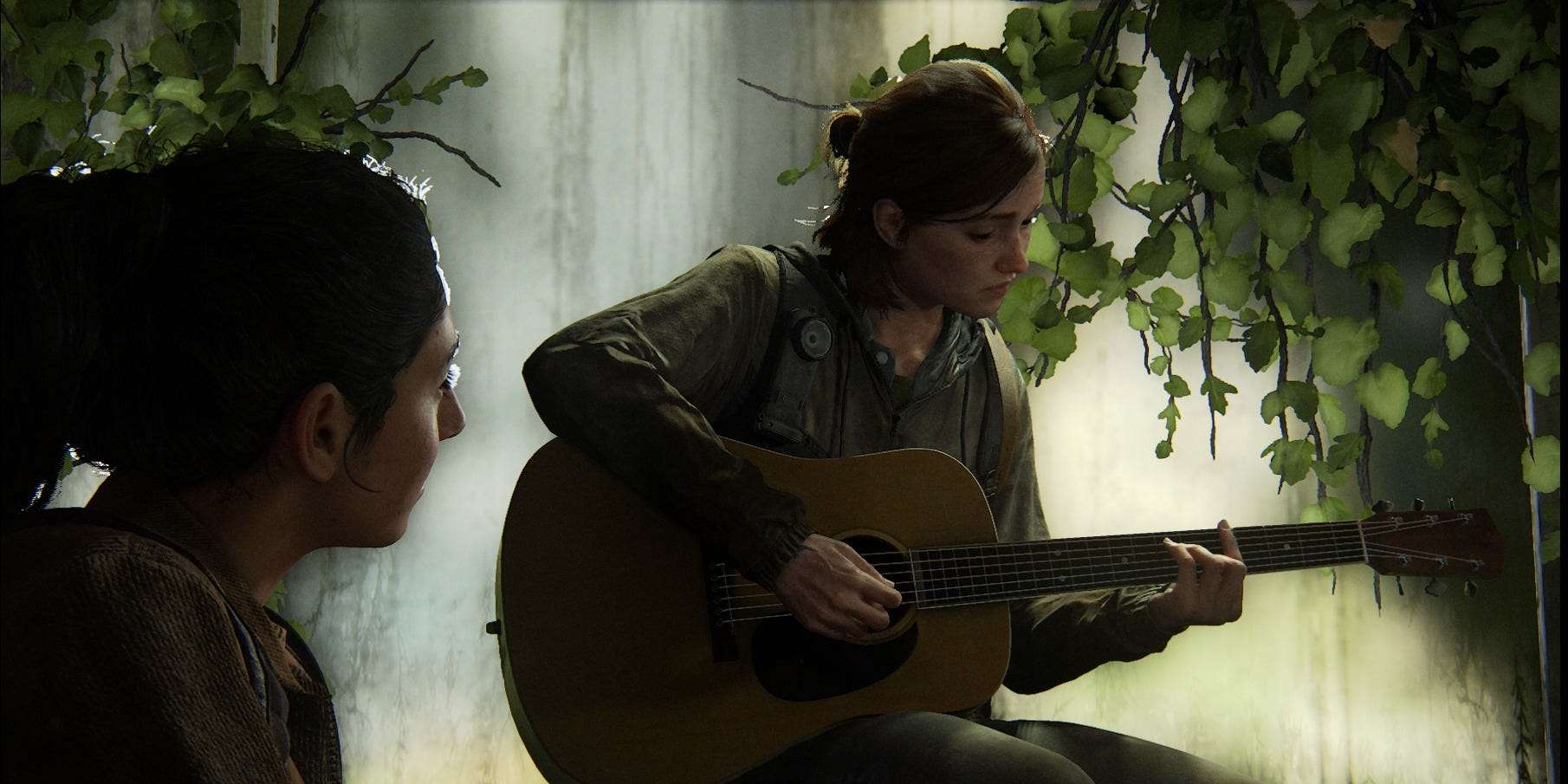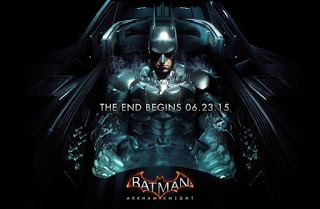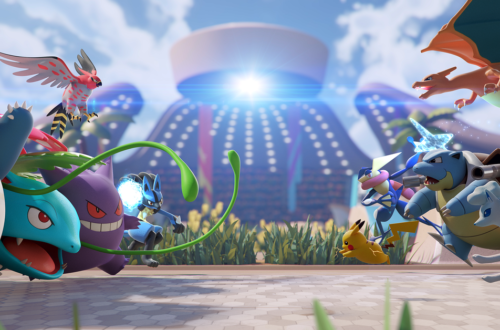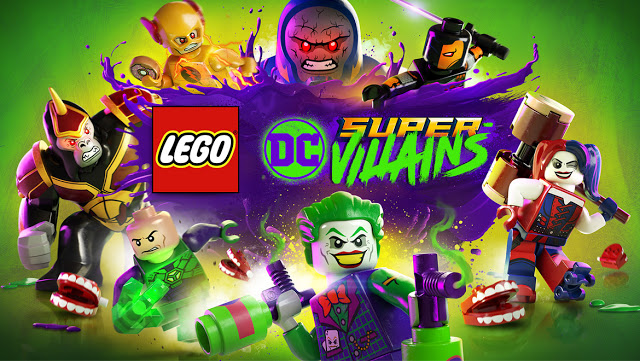REVIEW: The Last of Us Part II

Warning: this review contains major spoilers and discussion of violence. If you don’t wanna be spoiled, this is your last chance.
We’re talking away
“Take On Me,” a-ha
I don’t know what I’m to say
I’ll say it anyway
When a work of fiction leaves me speechless at the end, it says a lot about the power of that work. Myst. Hamilton. Uncharted 4. The Last Jedi. Titanic. The Fault in Our Stars. Random Access Memories. The Book Thief. Just to name a few.
The Last of Us (Part I) was such a work. When I first played it years ago, I was appalled by the brutal violence; but I was also deeply moved by the character development and how the game portrayed its surrogate father/daughter duo, Joel and Ellie. You FELT their journeys. You felt their pain. Their triumphs and losses. Something as tall as a giraffe and a few plucked strings evoked powerful emotions on the player, and the game concludes with one of the best ambiguous endings ever conceived. As stories go, it comes quite close to perfection.
Trying to follow up the first game with a Part II was ambitious enough. There were many directions the developers could have taken Ellie and Joel, but they chose a direction so unflinchingly audacious that it makes The Last of Us Part II an even more powerful experience than the original.
But I’ve learned that with great power comes great responsibility. And… I must in good conscience question the responsibility taken with this game’s story.
The Last of Us Part II follows Ellie, four years since we last saw her. She’s an adult. She’s got her own patrol defending the town of Jackson, Wyoming from zombie herds (that’s a thing). She’s in love with a beautiful woman, Dina; someone she trusts knowing about her immunity to the zombie infection.
Life is good.
Until it isn’t good.
Early in the game, Joel is brutally murdered in a revenge killing by a woman named Abby. Abby’s father was a member of the Fireflies, a surgeon, a veterinarian, and a guy you’d totally-wanna-have-a-beer-with. We learn that her father was the man who made the decision of dissecting Ellie in hopes of developing a zombie vaccine. When Joel learned the Fireflies intended to murder Ellie, he killed everyone in his path to save her.
The decisions these two men made cause irreparable harm to Abby and Ellie. Ellie stops trusting Joel when he lies to her about why there’s no cure, and Abby turns the hurt from her father’s death into an unflinching desire for revenge.
Abby gets her revenge. Ellie wants revenge against Abby.
Cycles of revenge and death in motion.
For the first 5 hours or so, The Last of Us Part II presents an “eye for an eye” understanding of vengeance. But as Ellie gets in pulled deeper, the kills become more brutal, more senseless, more wicked and immoral. Instead of a normal revenge story, we are presented with an origin story where Ellie is the villain of her own game.
The latter half of The Last of Us Part II is entirely Abby’s game. We play as Abby, we meet her friends, we see her showing heart and sympathy, we see her strong spirit… and you identify with it so much as a player. Abby carries regret for killing Joel and letting her revenge quest destroy the only relationship she had with her ex-boyfriend. Her guilt comes to a head late in the game when she saves and befriends two former enemies, Yara and Lev, and helps them survive the midst of a guerilla war.
A classic a bait and switch technique wasn’t enough for writers Neil Druckman and Halley Gross. They wanted to show us the danger of revenge cycles. Show us the fever, the rage, the feeling of powerlessness that turns good women… cruel.
It’s tough enough watching a character you love become a cold villain as she kills and slaughters hundreds of people who did nothing to her. But the game makes it so much worse by removing the player’s choice to spare a life. Few in-game encounters end without a kill, and no cinematic moments in the game do. One particularly vile moment forces the player to brutally slay a woman already left for dead…

The blood we shed in The Last of Us Part II begins an endless cycle of vengeance and death. Every time an ending seems near, the game shifts trajectory. I counted no less than five clear endings where the game continued for several more hours. This makes sense the first couple of times, but it drags into an endless cycle of endings that makes The Return of The King‘s ending look like an infomercial.
As the credits finally rolled, I was left full of emotion. Ellie’s actions in the last 2 hours are so villainous that I’m not sure she can ever be redeemed as a character. She’s Grand Moff Tarkin if instead of blowing up Alderaan, he slaughtered every person on the planet with his bare hands.
Ellie is irreparably broken.
Her motivation for revenge is because she couldn’t forgive Joel for saving her life. But that anger and hurt is built on an ungratefulness toward Joel, and it blinds her to why he saved her life in the first place. Even after Ellie becomes a mom to JJ, she’s still blind to the power of a parent’s love. So much so that she looses Dina and JJ in the end. No question that Joel made the right choice to rescue Ellie; Joel made a moral, selfish choice to save his would-be daughter from those who thought it right in their own eyes to take her life for their own gain. And he pays the price with his life.
To say The Last of Us Part II is a masterpiece is an understatement. A game that offers such complex moral framework deserves recognition, and Game of the Year is not out of the question. But a good bod can only flex so much when the bones look like swiss cheese. This game is revolting, horrifying, dubious in its moral choices, and portrays an apocalyptic vision of humanity that’s overzealous and dishonest in its understanding. It is the genius and curse at the core of this game, and I suspect we’ll be talking about for many years to come.
7/10
or 3.5/5 Stars
- Two Dudes Talkin’ Dune, Masterpieces, Hans Zimmer, and How to Pronounce That One Guy’s Name – Dune (2021) Afterthoughts and Spoiler Discussion – The WOBAM Experience - October 30, 2021
- 6 Spooky Podcasts to Haunt Your Halloween Season - October 29, 2021
- The WOBAM BEACON Newsletter – September 28th, 2021 – Summer Ketchup - September 28, 2021




